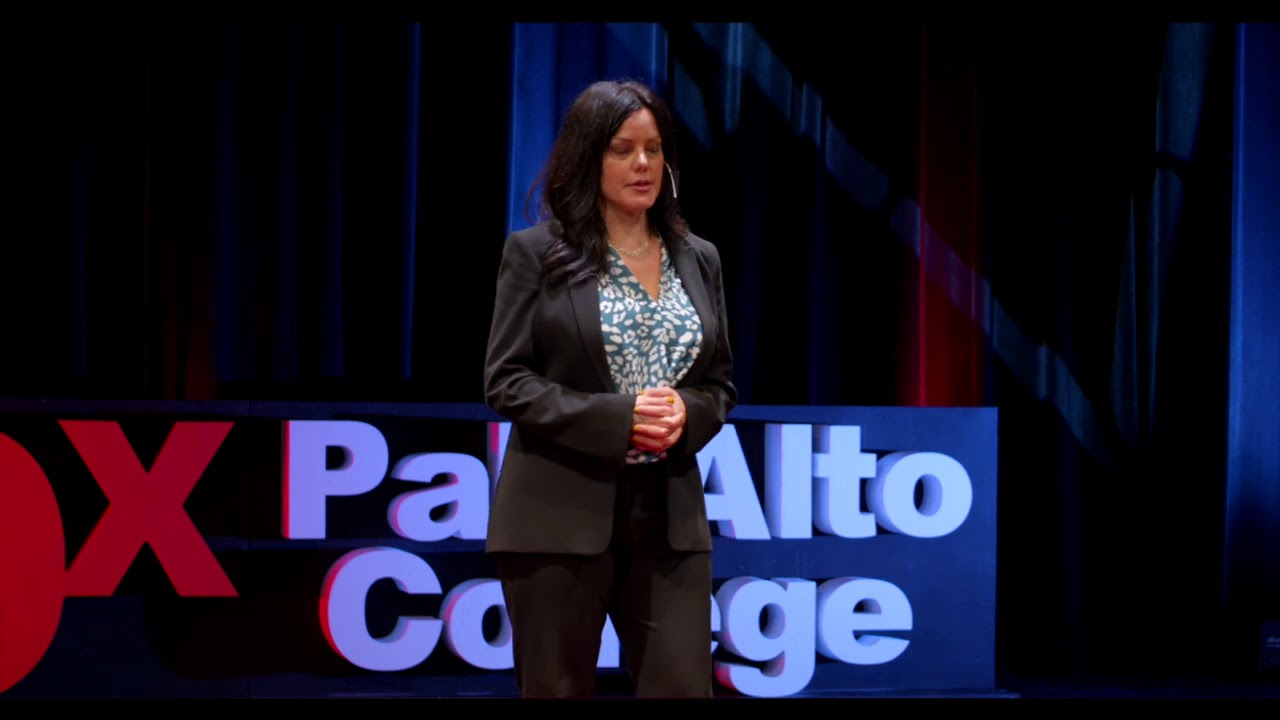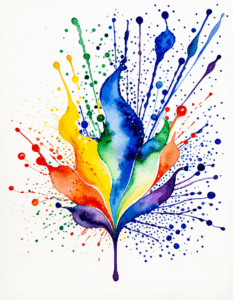Understanding the Profound Interlink Between Mental Health and Addiction
Exploring the intricate connection between mental health and addiction illuminates a troubling reality. Often, these two challenges are connected in a co-occurrence known as dual diagnosis, creating a tangled web that many parents face when their children struggle with addiction. By shining a light on this connection, we can pave the way for better, more effective treatments, fostering hope and healing.
The Complex Interrelationship Between Mental Health and Addiction
Mental health issues and addiction are like two sides of the same coin. They frequently co-exist, creating a vicious cycle that neither the sufferer nor their families can easily break. Unfortunately, it’s not always apparent which problem came first. Sometimes, addiction fuels mental health disorders, and other times, mental health issues lead to substance abuse. Recognizing this dual diagnosis is crucial for tailoring effective treatments.
The Impact of Anxiety and Depression on Substance Abuse
Anxiety and depression play significant roles in the landscape of addiction. Depression And addiction often go hand in hand, each intensifying the other. According to studies from Johns Hopkins Medicine, individuals grappling with these conditions often turn to substances as a coping mechanism. The high-profile struggle of actress and singer Demi Lovato with bipolar disorder and addiction underscores the necessity for integrated care. It’s clear—mental health conditions can drive substance use, and substance abuse can worsen these conditions.
Post-Traumatic Stress Disorder (PTSD) and Substance Use Disorders
Post-Traumatic Stress Disorder (PTSD) often paves the way to addiction. Research from the National Center for PTSD shows that those with PTSD are 2 to 4 times more likely to struggle with substance use disorders. Veterans returning from combat, like those from the Iraq and Afghanistan wars, often illustrate this tragic pattern. Understanding how trauma fuels addiction underlines the importance of Dual diagnosis and holistic treatment approaches, combining mental health care with addiction recovery.
The Role of Genetics and Family History
Genetics and family history offer another piece of the complex puzzle. Research funded by the National Institute on Drug Abuse (NIDA) sheds light on the shared genetic vulnerability for both mental illness and addiction. If a parent battles both depression and addiction, their children are at a higher risk of developing these conditions. It’s not just about heredity; it’s also about environment and the patterns of behavior children observe. Genetic counseling and preventative strategies can be vital in breaking these cycles.
The Influence of Social and Environmental Factors
Our environment and upbringing significantly influence mental health and the propensity for addiction. Harvard’s Social Neuroscience and Psychopathology Lab emphasizes that adolescents exposed to high-stress environments, such as poverty or childhood trauma, are especially vulnerable. Initiatives funded by philanthropists like Mackenzie Scott aim to address these root causes, providing resources and interventions for at-risk communities. Such efforts highlight the importance of considering the broader social context in which addiction and mental health issues develop.
Addressing Stigma and Barriers to Treatment
One of the biggest hurdles in addressing mental health and addiction is stigma. Many feel isolated by their struggles, fearing judgment and rejection. Tara Conner, Miss USA 2006, has turned her journey through addiction into advocacy, showing that overcoming stigma is possible. Improving public awareness and promoting compassionate care can dismantle these barriers, encouraging more to seek the help they desperately need.
The Importance of Holistic and Integrated Treatment
For treatments to be truly effective, they must address both mental health and addiction simultaneously. The Hazelden Betty Ford Foundation embodies this integrated approach, emphasizing therapy, medication, and support systems. Such holistic care acknowledges the interconnected nature of these issues, ensuring that neither goes untreated. By treating the whole person, not just their symptoms, recovery becomes more attainable.
Real-life Examples of Success
Stories of redemption and recovery provide a lifeline of hope. Take Robert Downey Jr., whose triumphant journey from addiction and mental health struggles to a successful career exemplifies the possibility of healing. Organizations like Narcotics Anonymous (NA) and Mental Health America (MHA) offer platforms for individuals to share their success stories, proving that with comprehensive care, recovery is within reach.
Embracing a Future of Understanding and Healing
Advancing our grasp of the Mental Health and Addiction link is not just crucial—it’s imperative. Each step toward integrated treatment, public awareness, and the dismantling of stigma moves us closer to a future where recovery is probable. By focusing equally on mental health in addiction recovery and on addiction in mental health treatment, we foster a landscape of hope and healing.
At Mothers Against Addiction, we stand beside parents navigating these turbulent waters, offering support, resources, and a compassionate ear. Visit Mothers Against Addiction to learn more about our mission, and join us in advocating for a world where mental health and addiction are managed with empathy and comprehensive care. For parents struggling with the aftermath, questions like What Happens If I ca N’t refinance after divorce can illustrate the multi-faceted challenges compounded by addiction battles. This comprehensive understanding of the issues at hand forms the bedrock of effective, enduring support and recovery efforts.
Through this journey of understanding, every step counts, and every story of resilience lights a path toward a future filled with hope, understanding, and healing. Let’s champion integrated care and break the cycle of suffering for good.
Mental Health and Addiction: Hidden Connections
Understanding the link between mental health and addiction can sometimes feel like piecing together a complex puzzle. But, amidst the scientific jargon and heavy statistics, there are plenty of fascinating bits of trivia and facts that make the topic more relatable and engaging.
Anxiety and Addiction
Did you know that anxiety and addiction are more connected than most people realize? Many individuals struggling with addiction often have co-occurring mental health conditions like anxiety. For instance, anxiety and addiction can create a vicious cycle, where anxiety leads to substance use as a form of self-medication, which then exacerbates anxiety in the long run. Understanding these connections can help us better support our loved ones who might be grappling with these issues Anxiety And addiction.
Financial Stress and Substance Abuse
Here’s an interesting tidbit: financial stress has a strong link to substance abuse! Imagine the strain someone feels while worrying about hefty mortgages and collateral concerns. The stress from this financial burden can make individuals more susceptible to addiction as they seek an escape from their overwhelming realities Collateral. It’s surprisingly common that people turn to substances as a way of coping with their economic hardships.
Hidden Costs of Mental Illness
On a lighter note, let’s talk about warranties! You wouldn’t think they have much to do with mental health, but think again. Subconsciously, the reassurance of something as routine as an American home shield warranty can alleviate minor anxieties. This highlights how even small positive changes in our immediate environment can have ripple effects on our mental well-being.
The Unexpected Connections
The intense publicity around significant national events can sometimes overshadow the silent struggles linked to mental health and addiction. Take the media frenzy around high-profile cases, like that of Athena Brownfield Athena Brownfield. These events often bring to light the hidden battles numerous individuals face every day. Relating back, knowing the current economic climate—such as What Is The current mortgage interest rate—can( also affect one’s stress levels and thereby, their overall mental health and susceptibility to addiction.
It’s all interconnected, and sometimes a small change or awareness can make a huge difference. By exploring these surprising links, we can better grasp the nuanced relationship between mental health and addiction and offer more compassionate and effective support to those in need.

What is the connection between mental health and addiction?
People with a mental illness are twice as likely to have a substance use disorder compared to the general population. At least 20% of people with a mental illness have a co-occurring substance use disorder. For people with schizophrenia, the number may be as high as 50%.
What does addiction have to do with mental health?
Substance use can change brain areas that are also disrupted in other mental disorders, such as schizophrenia, anxiety, mood, or impulse-control disorders. Addiction and mental health issues often go hand-in-hand, creating a vicious cycle that’s tough to break.
What is the connection between depression and addiction?
Depression is common among people battling an addiction to drugs or alcohol. Substance abuse can trigger or intensify feelings of loneliness, sadness, and hopelessness, often associated with depression. An estimated one-third of people with major depression also have an alcohol problem.
What are the mental factors of addiction?
Mental factors like stress, trauma, and existing mental health disorders can lead to addiction. People with these issues might use substances to self-medicate, but it often makes things worse.
What are the 7 types of mental disorders?
Serious mental disorders related to chronic drug abuse include schizophrenia, bipolar disorder, manic depression, ADHD, generalized anxiety disorder, obsessive-compulsive disorder, PTSD, panic disorder, and antisocial personality disorder.
How does addiction affect the brain?
Addiction messes with the brain’s reward system, making it crave the substance. It can lead to changes in thinking, decision-making, learning, and memory.
Is addiction a mental health disability?
Yes, addiction is considered a mental health disability. It disrupts normal functioning in the brain and behavior, making it a medical condition that needs treatment.
What drugs cause personality changes?
Drugs like methamphetamine, cocaine, and even marijuana can cause personality changes. These substances mess with brain chemicals that affect mood, perception, and behavior.
Which mental illness has the highest mortality rate?
Anorexia has the highest mortality rate of any mental illness. It’s a serious and sometimes deadly disorder that requires proper treatment and attention.
How to overcome addiction and depression?
Overcoming addiction and depression often takes a combination of medication, therapy, and support groups. It’s a tough road but having a support system, professional help, and a strong will makes a huge difference.
What comes first, depression or substance abuse?
Depression can come first, but substance abuse can also lead to depression. It’s often a case of one feeding into the other, creating a complicated relationship.
How do drugs affect your mental health?
Drugs affect mental health by altering brain chemistry, which can lead to anxiety, paranoia, depression, and other mental health disorders. The changes in brain function can be long-lasting.
What are four psychological symptoms of addiction?
Psychological symptoms of addiction include intense cravings, loss of control over substance use, continued use despite negative consequences, and withdrawal symptoms when not using.
Which psychological trait is most often linked with drug use?
Impulsivity is the psychological trait most often linked with drug use. People who are more impulsive might be more likely to try drugs and develop an addiction.
Is addiction a disease or disorder?
Addiction is often seen as a disease because it affects the brain’s structure and function, but it also has behavioral components, making it a complex disorder.
How do drugs affect your mental and physical health?
Drugs can harm both mental and physical health by damaging organs, altering brain chemistry, and leading to mental health issues like anxiety and depression. Long-term use can lead to chronic health problems.
How does alcohol affect mental health?
Alcohol affects mental health by acting as a depressant on the central nervous system. It can make depression and anxiety worse, and lead to mood swings and other mental health problems.
Is addiction a disease or disorder?
Addiction is most often seen as a disease due to its impact on brain structure and function, but it also has behavioral aspects, so it’s sometimes referred to as a disorder as well.
What is mental health defined as?
Mental health is about how we think, feel, and behave. It’s our ability to handle stress, relate to others, and make choices. Good mental health is essential for overall well-being.




























